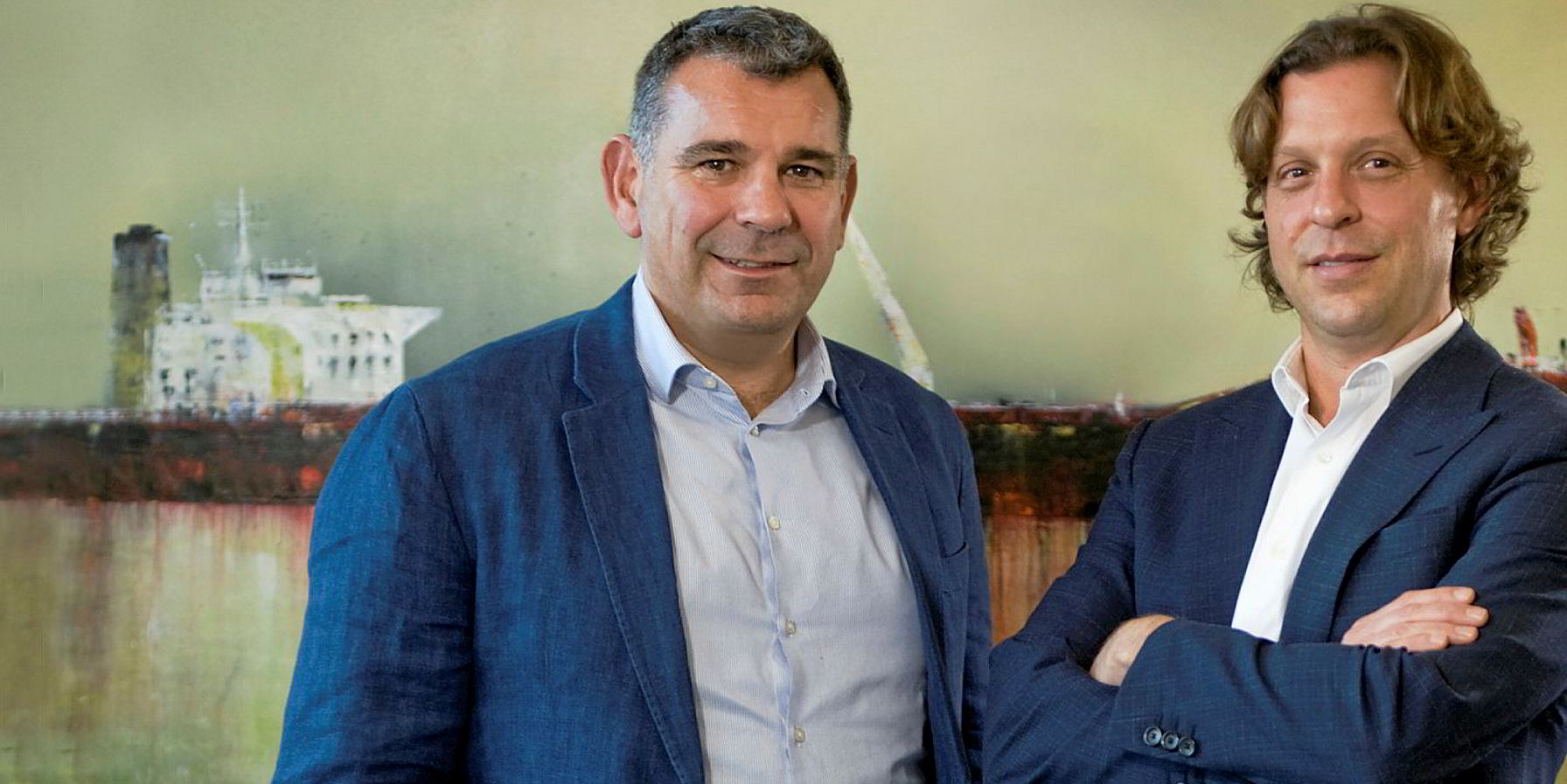The Navig8 group is about to unveil what it calls the first benchmarking platform for marine fuels in the market.
Called Engine, the online site will be free of charge, open to all shipowners and operators and designed to provide real-time data on pricing and reported quality.
Navig8 commercial director Jason Klopfer described the product and its expected launch in the coming weeks during an interview with TradeWinds at the Association of Ship Brokers and Agents’ annual cargo conference in Miami Beach.
“The marine fuel market has been unnecessarily opaque. It’s the only market where transactions are not reported,” he said.
“Thus far, accurate benchmarking has not been possible. Engine provides more than a historical benchmark. Shipowners will be able to see how they are performing against similarly situated peers in real time, and it will help drive better decisions.”
Navig8 has injected itself into virtually all facets of the upcoming IMO 2020 emissions protocol, which bans high-sulphur fuels from 1 January unless vessels are equipped with exhaust-gas scrubbers.
The group operates one of the world’s largest fleets, with more than 160 vessels under commercial management in its pools. It also owns Integr8, a bunker trader and broker.
Navig8 elected to equip its newbuilding fleet of 16 product tankers with scrubbers through its Product 2020 vehicle. And principals Gary Brocklesby and Nicolas Busch are majority investors in scrubber manufacturer FMSI, formerly Feen Marine Scrubbers.

Now comes Engine, which Klopfer said is already being stocked with data from its ties to a growing group of owners and fuel suppliers, including Integr8, one of the top five bunker procurers.
There was no master plan for Navig8 to have a place in so many facets of the IMO 2020 arbitrage, Klopfer said. What it did have was an early view that there would be a significant cost spread between high-sulphur and low-sulphur bunkers after the IMO implementation date — a perspective more owners have adopted as the deadline draws closer.
“It would be nice to say this was all part of the plan, but no, it’s not true,” he said.
‘We’re very nimble’
“What is great about Navig8 is that the company is very nimble. Obviously we believed that IMO 2020 was going to be a significant event and that we could capitalise by using scrubbers. Each additional opportunity has been unlocked as time passed through market data. Engine is the latest example.”
Navig8 sees it as essential that Engine is free and available to the whole market through anonymous data collection.
“What we should collectively want is data,” Klopfer said. “What the participants will want is cooperation where data is shared across an even playing field for everyone’s benefit.
“While it may be counterintuitive for owners to work together, that is exactly what we will need in the coming months. Any apprehension owners might have about working together will be overcome by the desire to see how they compare with peers.”
Although cost is always important, Klopfer added, insight into quality of supplies stands to be the most important benefit of the platform.
“How do we shipowners protect ourselves from rising costs? How do we create a support system? These are important questions,” he said.
“How are shipowners sourcing compliant fuel? Are they concerned about their ability to source specific grades in specific ports? Who’s stepping in as an advocate and providing tools that solve problems and generate transparency? These are questions that have not received enough attention.”






